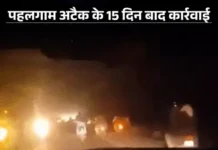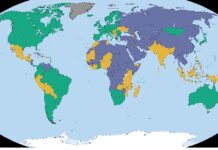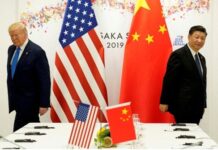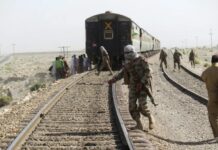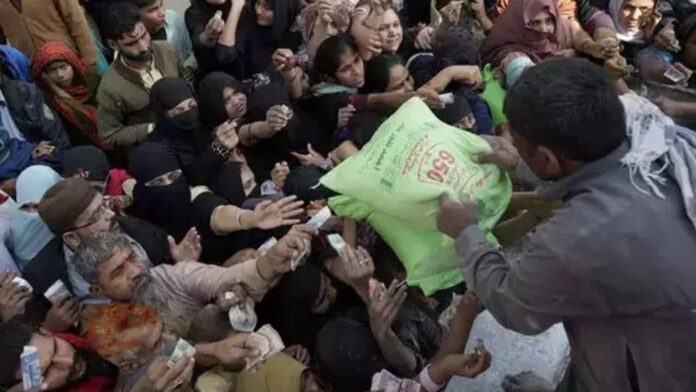Pakistan’s foreign reserves have significantly fallen due to increased global food and fuel prices post the Russia-Ukraine conflict. Sri Lanka faced a similar financial crisis in 2022-23, prompting India to provide support.
The State Bank of Pakistan reported a decrease in forex reserves from $20.1 billion in August 2021 to $2.9 billion in February 2023, covering only a month’s imports. Pakistan imports around 40% of its primary energy and has an aid-dependent economy with a weak private sector and stagnant stock market growth.
The IMF stated that Pakistan requires $123 billion in gross financing over five years, seeking $21 billion in 2024-25 and $23 billion in 2025-26.
Traders in PoK faced significant challenges when India raised customs duty by 200% on Pakistani products like dry dates, rock salt, cement, and gypsum after the Pulwama attack in February 2019. Consequently, according to Dawn’s report, Pakistan’s exports to India plummeted from $45 million monthly in 2018 to a mere $2.5 million monthly from March to July 2019.
The situation was made more difficult after Pakistan stopped all trade following the constitutional changes carried out by India in Jammu and Kashmir in August 2019. India-Pakistan trade has shrunk to a low of about $2 billion annually over the last five years, a small fraction of the $37 billion trade potential estimated by the World Bank
Protests broke out in PoK as traders demonstrated against soaring electricity and food prices. Similar protests over high electricity bills occurred in August 2023. There was a general strike in Muzaffarabad, and public transport and businesses shut down.
Clashes between protesters and police led to the deployment of paramilitary Rangers to protect government buildings. Pakistan’s economy has been plagued by severe inflation and poor growth due to escalating energy costs, with consumer inflation exceeding 20% since May 2022, peaking at 38% in May 2023, as per the Dawn newspaper.
Street protests in Pakistan Occupied Kashmir (PoK) turned violent, which lead to the death of a police officer and over 90 injuries since Friday (May 10), as per reports from Pakistani media.
The chaos began after the arrest of approx 70 members of the Joint Awami Action Committee, a group of traders, during a strike against the increasing prices of food, fuel, and utilities. Pakistan’s economic crisis and high inflation have brought about hardships for its citizens, with some traders further impacted by the halt in trade with India.

